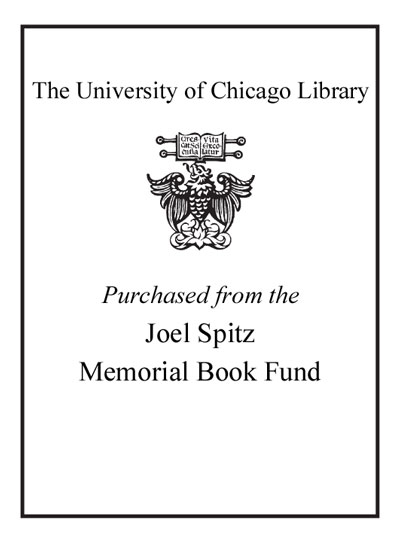| Summary: | The ancient inhabitants of Oruro, Bolivia called themselves "beings of the dawn". Their legacy is woven into the work of artisans, who through their art, revive the soul of the Andean and European deities and the memory of the African slaves. The Carnival of Oruro is one of Bolivia's richest cultural manifestations. Every year dancers perform ceremonial dance steps for several kilometers throughout the Andean highlands. Playing tarkas, trombones, cymbals and drums, they honor the Virgen del Socavón (Our Lady of the Mineshaft), the patron protector of miners. These beliefs and rituals are intrinsically linked to the vitality of mining, the central economic activity of pre-and post-colonial Bolivia. These artisans, musicians and dancers are the living recollection of their roots, culture and pre-colonial history. This is the second book of Maria Daniel Balcazar, a freelance documentary photographer. Most of her projects focus on the importance of traditions, their uniqueness and their universality, as sources of strength to survive and flourish, to resist, to adapt and to transcend adversity in everyday life and through extraordinary events. She has published two books which highlight the richness of syncretism, the depth of roots from different cultures and the continuous remaking of identity. "Kilombo", published by Burn.Books in 2019, is a tribute to the resilience and vitality of the African legacy in Brazil.
|
|---|

